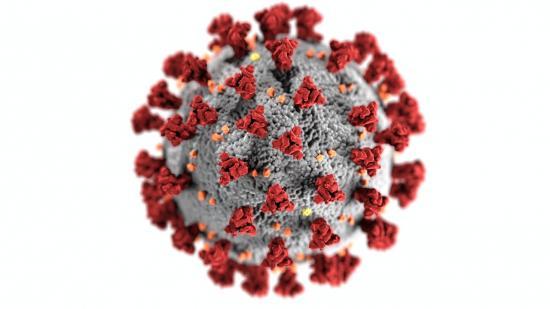Omicron amps up concerns about long COVID and its causes
More than a year after a battle with COVID-19, Rebekah Hogan still suffers from severe brain fog, pain and fatigue that leave her unable to do her nursing job or handle household activities.
Long COVID has her questioning her worth as a wife and mother.
“Is this permanent? Is this the new norm?’’ said the 41-year-old Latham, New York, woman, whose three children and husband also have signs of the condition. “I want my life back.’’
More than a third of COVID-19 survivors by some estimates will develop such lingering problems. Now, with omicron sweeping across the globe, scientists are racing to pinpoint the cause of the bedeviling condition and find treatments before a potential explosion in long COVID cases.
Could it be an autoimmune disorder? That could help explain why long COVID-19 disproportionately affects women, who are more likely than men to develop autoimmune diseases. Could microclots be the cause of symptoms ranging from memory lapses to discolored toes? That could make sense, since abnormal blood clotting can occur in COVID-19.
As these theories and others are tested, there is fresh evidence that vaccination may reduce the chances of developing long COVID.
It’s too soon to know whether people infected with the highly contagious omicron variant will develop the mysterious constellation of symptoms, usually diagnosed many weeks after the initial illness. But some experts think a wave of long COVID is likely and say doctors need to be prepared for it.
With $1 billion from Congress, the National Institutes of Health is funding a vast array of research on the condition. And clinics devoted to studying and treating it are popping up around the world, affiliated with places such as Stanford University in California and University College London.
WHY DOES IT HAPPEN?
Momentum is building around a few key theories.
One is that the infection or remnants of the virus persist past the initial illness, triggering inflammation that leads to long COVID.
Another is that latent viruses in the body, such as the Epstein-Barr virus that causes mononucleosis, are reactivated. A recent study in the journal Cell pointed to Epstein-Barr in the blood as one of four possible risk factors, which also include pre-existing Type 2 diabetes and the levels of coronavirus RNA and certain antibodies in the blood. Those findings must be confirmed with more research.





















